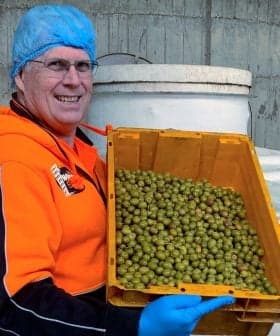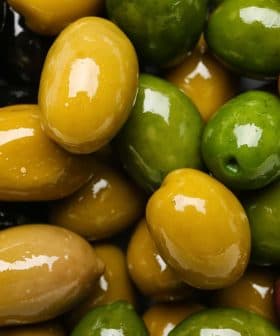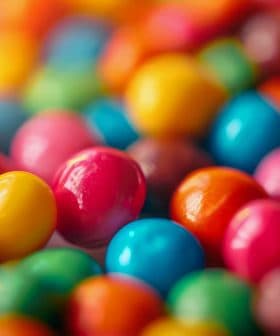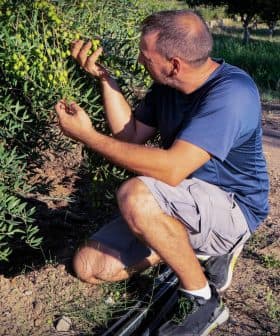 5.6K reads
5.6K readsNews Briefs
Adding Water During Olive Oil Production Lowers Quality, Researchers Find
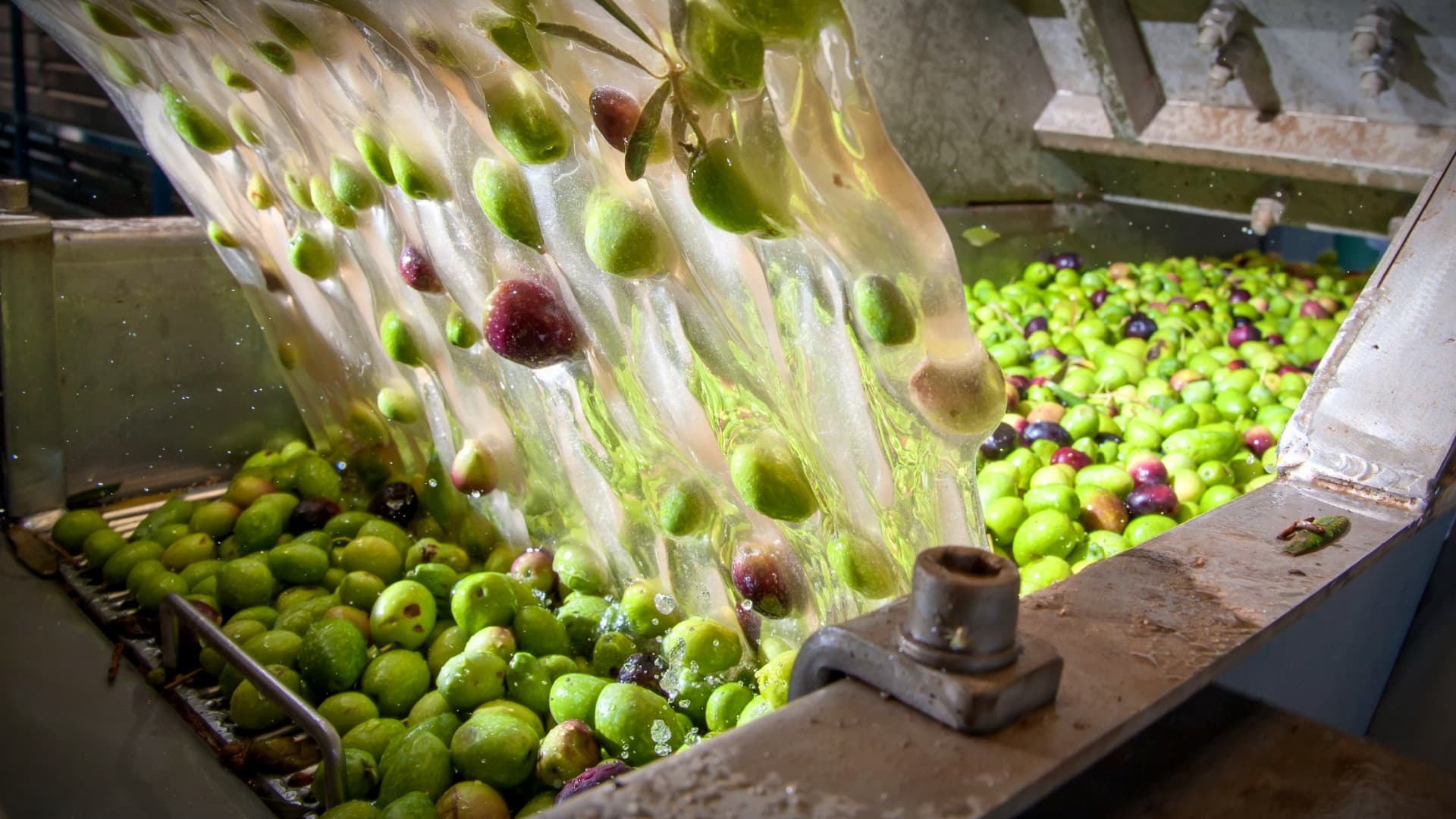
New research shows that adding water during olive oil extraction significantly impacts the quality of extra virgin olive oil, with oils produced without water having higher polyphenol levels and greater resistance to oxidation. The study found that using Arbequina olives, a common cultivar in the Iberian peninsula, without adding water resulted in oils with more intense fruity flavors and greater stability, leading researchers to recommend water-less extraction for higher-quality olive oil production.
New research published in Food Chemistry has confirmed that adding water during the olive oil extraction process can profoundly affect extra virgin olive oil quality.
A team of Portuguese scientists evaluated what happens when water is added to the olive oil production process using Arbequina olives, one of the most widely grown olive tree cultivars in the Iberian peninsula.
They found significant differences in the water-added extra virgin olive oil compared to the same batch of olives processed with no water addition. The olives transformed without adding water had higher levels of polyphenols in the resulting oil and were far more resilient to oxidation.
See Also:Spanish Study Suggests More Effective Way to Transform Cold-Stored OlivesThe researchers analyzed the chemical and sensory profile of Arbequina olive oil extraction in several settings: from no water added during the production process to a maximum of 6.2 percent of water added for every kilogram of processed olives.
In all cases, with or without water, the resulting olive oils were classified as extra virgin olive oil, according to the International Olive Council standard.
“Despite the extra virgin olive oil classification, compared with the water incorporation… extraction without water addition resulted in [olive] oils that showed less primary oxidation (lower peroxide values and K232), greater total phenolic content (+12 to 22 percent) and higher oxidative stability (+22 to 31 percent),” the researchers wrote.
Additionally, olive oil produced without added water had a 5 to 13-percent higher secoiridoid content, mainly comprising oleacein, a powerful antioxidant.
As a result, olives transformed without any added water produced an oil with a more intense ripe fruity sensation.
The researchers concluded that olive oil production without adding water results in higher-quality Arbequina extra virgin olive oil with higher polyphenol counts.
“The quality and the stability of the Arbequina oils can be favored if extracted without adding water during the olives industrial milling,” they wrote. Doing this also means greater resilience to prolonged storage and handling.
Water addition has been used for generations by many millers as it was often considered an efficient method to get more oil out of the paste. However, this belief has been challenged over the years.
For example, a study conducted nearly a decade ago by scientists at the University of Extremadura in Spain showed that adding water to the process caused a decrease in oil yield and oil extractability for both of the cultivars that had been tested.
Such studies suggest the need for millers who still add water to examine the benefits of water-less extraction, which might also result in reduced energy consumption, less liquid residue and a higher quality olive oil.


